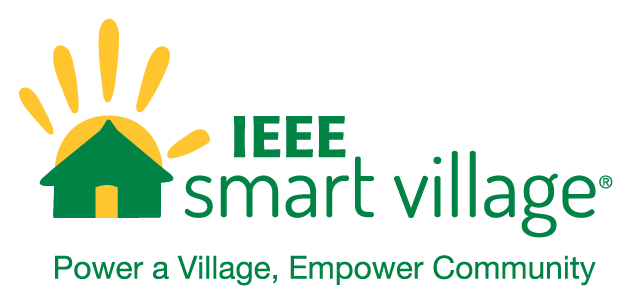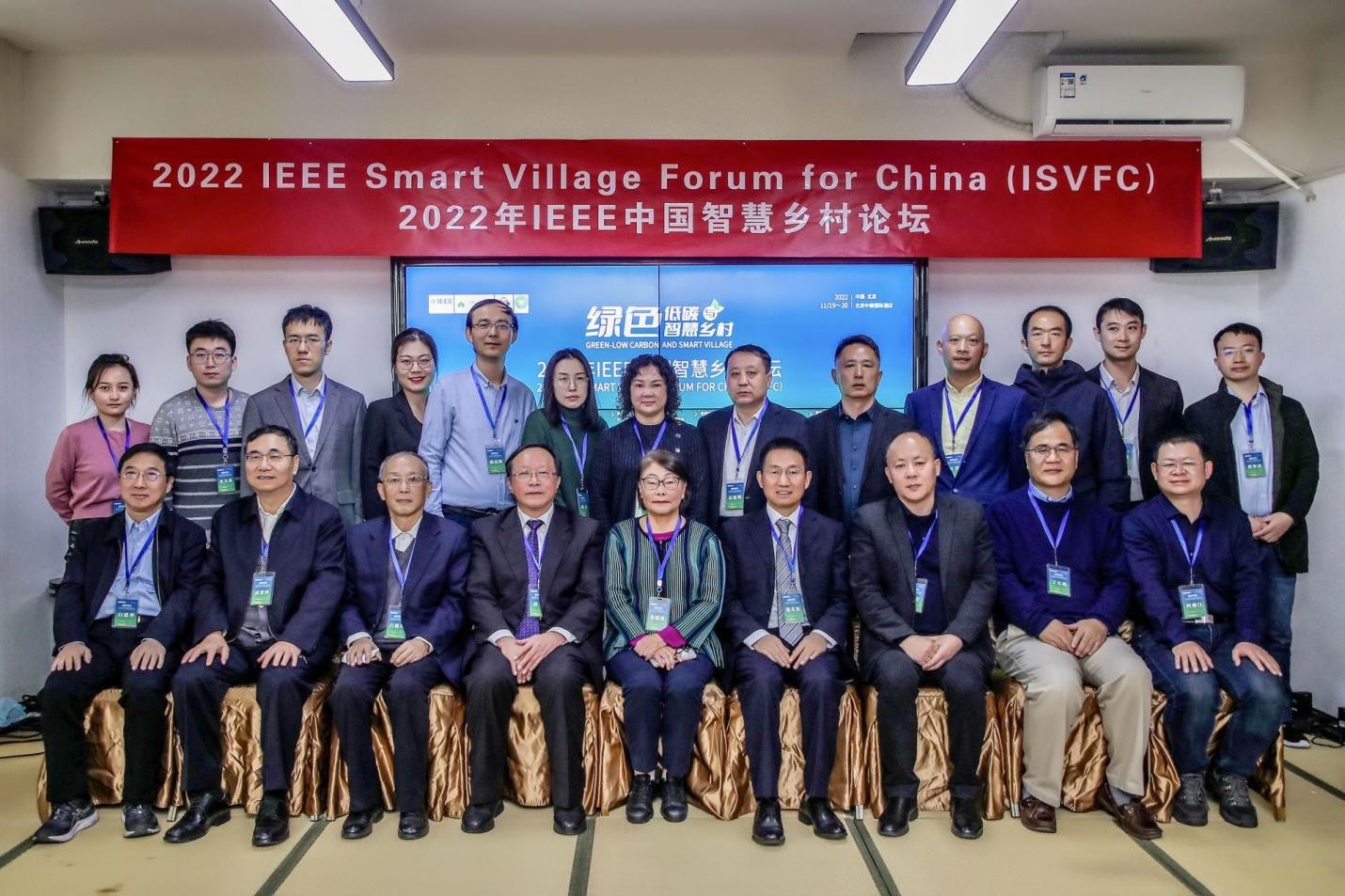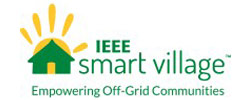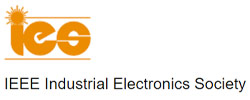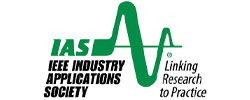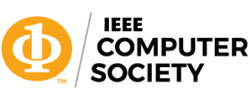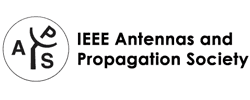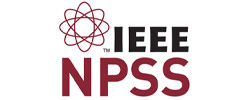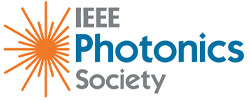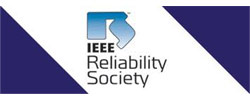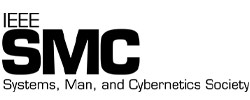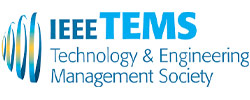EMPOWER: Vol 3. Issue 5 – December 2022 / January 2023
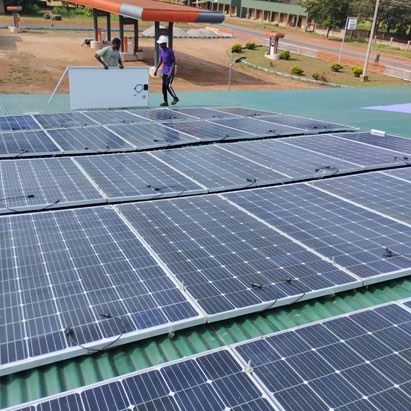
ISV Seeking IAS volunteer support
IEEE Smart Village (ISV) is a unique, multi-society/council, humanitarian program within IEEE. ISV receives financial support from the IEEE Foundation through generous donations, IEEE Societies, and IEEE Councils. What is so unique about ISV you may ask? ISV’s primary mission is to provide venture capital (seed money) to entrepreneurs (businesses) through a selective process, provided those entrepreneurs can show sustainable and scalable projects containing the three ISV pillars: technology, education and entrepreneurship. While the original first pillar was (renewable) energy, that pillar has been replaced by IEEE technology to support the various fields of interest by supporting IEEE societies and councils.
IEEE Smart Village (ISV) is a unique, multi-society/council, humanitarian program within IEEE. ISV receives financial support from the IEEE Foundation through generous donations, IEEE Societies, and IEEE Councils. What is so unique about ISV you may ask? ISV’s primary mission is to provide venture capital (seed money) to entrepreneurs (businesses) through a selective process, provided those entrepreneurs can show sustainable and scalable projects containing the three ISV pillars: technology, education and entrepreneurship. While the original first pillar was (renewable) energy, that pillar has been replaced by IEEE technology to support the various fields of interest by supporting IEEE societies and councils.
ISV is an international program with five regional working groups (RWGs), which are important to the success of ISV because each RWG has local representation and local responsibility for receiving and reviewing project proposals, and for seeing the projects through to fruition.
In a recent IEEE article, Chief Tunde Salihu was recognized for providing an ISV SunBlazer (portable solar power system with battery storage) to the Nigerian Kwara State government’s second isolation center to treat Covid during the recent pandemic. Since Chief Tunde was familiar with the ISV SunBlazer and had one on hand, he was able to quickly respond to the emergency need. This shows how quickly an ISV volunteer can act and support local needs.
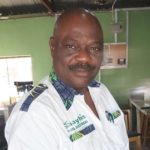
Chief Tunde is also presently completing the Omupo Solar Powered Rice Mill which consists of 42 kW of solar PV panels, a 60 kVA inverter and battery storage, the first of its kind in West Africa. As a testament to his careful market assessment, he already has customers, even before the facility is fully functional.
ISV has a number of opportunities for IEEE members and others to volunteer their time for humanitarian activities and services. Contact information for the various committees and Regional Working Groups is shown below. For many, this is the most fulfilling thing they have done in their careers:
Committees
- Business Development alex_dely@raytheon.com
- Education: Pritpal (Pali) Singh pritpal.singh@villanova.edu
- Finance: Ed Rezek ed.rezek@verizon.net
- History: Ray Larsen rslarsen@coastside.net
- Marketing: Oluleke Babayomi babayomi@ieee.org
- Membership: David Sackey d.sackey@ieee.org
- Project Development: Dave Kankam mdynk1@gmail.com
- Safety, Reliability, Quality and Standards: Bruno Lequesne lequesne@outlook.com
- Technical: Paul Savage phsavage@gmail.com
Regional Working Groups
- AWG: Abdullateef Aliyu abdullateefaliyu@gmail.com
- CWG: Xiaofeng Zhang xzhang123@gmail.com
- LAWG: Mario Aleman alemani@ieee.org
- NAWG: Joan Kerr joankerr@fbsc.org
- SAWG: Sanjay Patki sanjay.patki54@gmail.com
ISV is not a charity that parachutes money and volunteers into an underdeveloped community and leaving them many-times worse off than before. ISV provides volunteers to fund and create income generating businesses that will be sustainable and scalable. The returns on the investments do not come back to ISV but are used to further develop business and empower the community.
ISV needs volunteers from students to young professionals to seasoned professionals and mentors. Anyone interested in supporting this humanitarian effort to bring electrical engineering technology, advances in education, and entrepreneurial opportunities to underdeveloped communities of the world is welcome to join ISV. There is no cost to join and unlimited opportunities to support those in the world who are not as fortunate as many of us. Please visit our website at smartvillage.ieee.org. If you wish, please push the “Donate” button which will go a long way in supporting those without access to electricity. Please feel free to contact me at jnelson@neieng.com or by phone or text at +1 303 748 7386.
2022 IEEE Smart Village Forum for China held successfully
The 2022 IEEE Smart Village Forum for China (ISVFC) was successfully held in Beijing in November, with a focus on green low-carbon energy and smart villages. Over 50 global experts, professors, academicians, experts and industry leaders from various countries, universities, and related professionals, entrepreneurs and social organizations addressed goals and issues of the affordable clean energy and energy efficiency to advance the sustainable development, in person or remotely.
The 2022 IEEE Smart Village Forum for China (ISVFC) was successfully held in Beijing in November, with a focus on green low-carbon energy and smart villages. Over 50 global experts, professors, academicians, experts and industry leaders from various countries, universities, and related professionals, entrepreneurs and social organizations addressed goals and issues of the affordable clean energy and energy efficiency to advance the sustainable development, in person or remotely.
The forum was co-hosted by the IEEE Inc. Beijing Representative Office, the IEEE Smart Village – China Working Group (ISV-CWG), North China Electric Power University (NCEPU) and the China Biodiversity Conservation and Green Development Foundation.
The forum chair and moderator ware Xiaofeng Zhang, Vice President of ISV, Chair of ISV-CWG and President of Global Green Development Alliance. Ms. Zhang briefed that the IEEE Smart Village(ISV)has focused on energy, education, and entrepreneurship (3E pillars) to help revitalize rural areas through sustainable impact investments for the international cooperation projects. It has a unique approach to support the world’s energy-impoverished communities by providing a comprehensive solution combining renewable energy, community-based education, and entrepreneurial opportunities. ISV provides seed-funding to carefully selected community entrepreneurs based upon a credible business plan that will impact significant number of people with electricity, education and jobs.
Saifur Rahman, IEEE President-Elect and Professor, Department of Electrical and Computer Engineering, Virginia Tech, and IEEE Life Fellow, in his speech said the concept of smart village can be applied to every country. “The characteristics of smart villages include collaboration, innovation, entrepreneurship, crossing the gap between urban and rural areas, crossing countries, and cooperating with education, transportation, and knowledge, and I hope that this concept can be expanded in the context of smart villages and smart cities.”
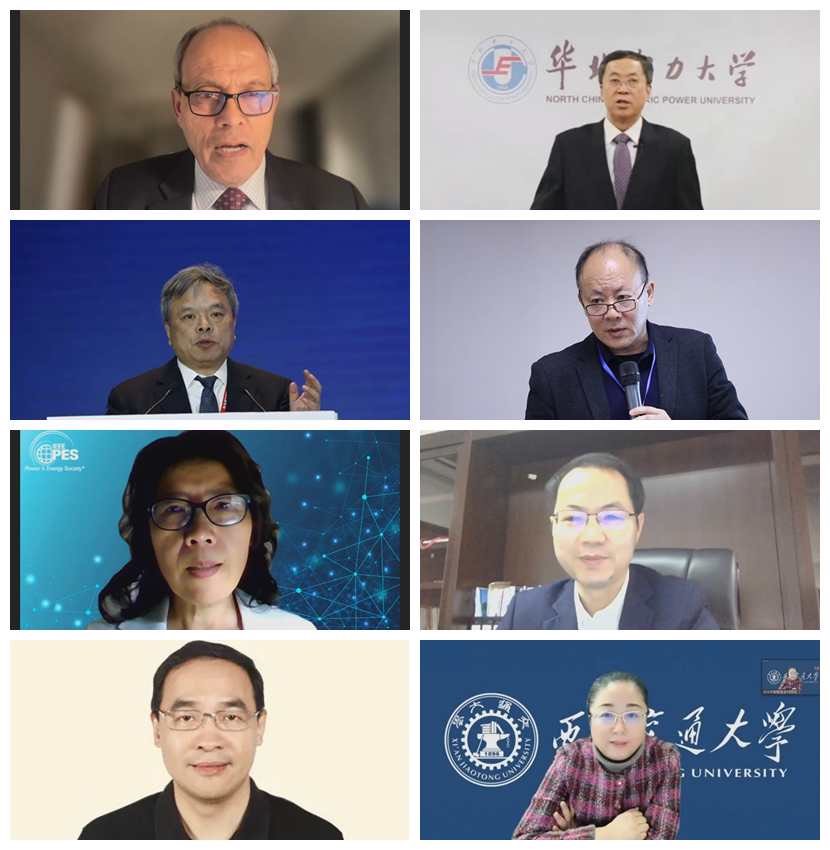
Meanwhile, Dr. Jianhua Bian, President of IEEE PES, congratulated ISV Forum for China successfully held in Beijing and ISV as a PES managed program. She stressed in her speech that the cost, efficiency, reliability and safety essential to rapid development of the electrical power system in rural areas.
In addition, Vice President of Chongqing University Professor Jian Li, said that it is the compelling obligation of researchers to enable science and technology to better serve rural areas and consolidate what had been achieved in poverty alleviation, and that the first smart village was built in the Tianyuan Township of Chongqing with the longstanding support of Chongqing University, where solar power was broadly applied.
Vice President of Taiyuan University of Technology Professor Hongbin Sun, proposed smart village development characterized by local area networks based on rural energy as the new path to rural revitalization, and said that building smart villages would help raise rural clean energy utilization, promote ecological civilization in rural areas, convert natural resources into economic, increase the per-unit yield of crops and consolidate what had been achieved in poverty alleviation.
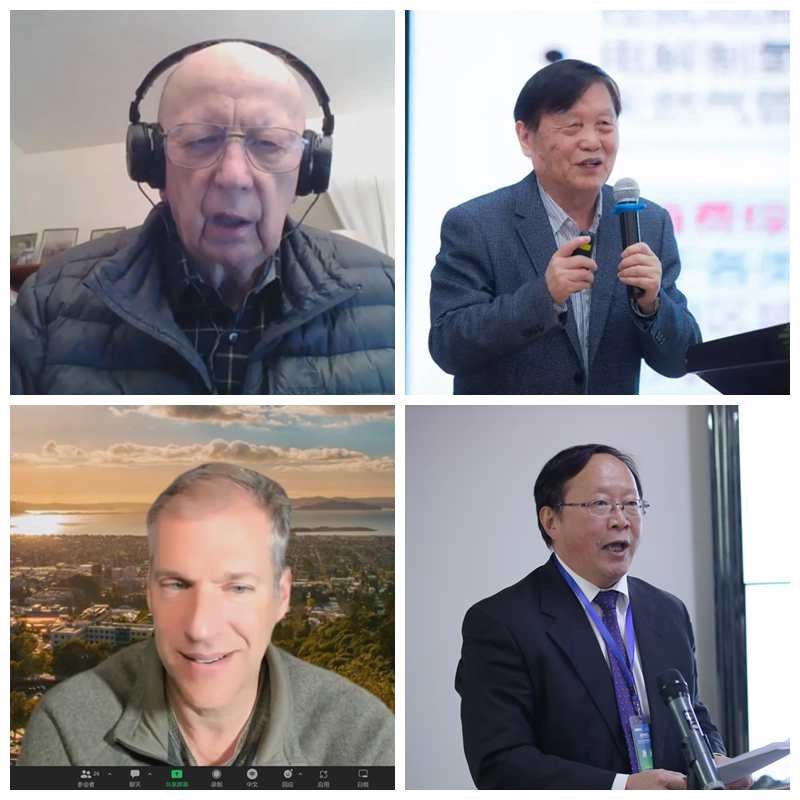
Speakers during the Forum
To sum up the first day, Dr. Rajan Kapur, Senior Vice Chairman of ISV and Ray Larsen, Founder and Vice Chairman of ISV, jointly introduced the original intention for establishing the ISV and what it had done around the world in recent years.
During the roundtable discussion on “Energy Transition and Sustainable Development for Smart Village” on the second day, Yan Changming, Director of the Green Low Carbon Committee of the Ministry of Housing and Urban-Rural Development, delivered a presentation titled “Carbon Cycle and Carbon Balance in Theory and Practice”, where he introduced refining solid wood with fast-growing woods as part of the efforts to apply the mentality and modality of the “Two-Mountain Theory” and “Carbon Neutrality” to woods. Southwest University and Deputy Secretary-General of ISV-CWG, Liu Zimin, Professor shared his research on precise identification of China’s energy poverty and policy recommendations. Meanwhile, Deputy Chief of the Lin’an District Development and Reform Bureau in Hangzhou of Zhejiang Province Xu Yongli, introduced the “1 kW PV Per Person” initiative launched by Lin’an District to build PV power generation systems.
In the panel session “Entrepreneurism Empower the Villages” Rajan Kapur, Senior Vice President of ISV, introduced what ISV had done across the globe since its inception and the “3E” model of energy technology, scientific and technological education and business development. Vice Chair of ISV-CWG and Associate Professor of Beijing Jiaotong University Wu Zhensheng, introduced the electric energy substitution technology and its application cases in smart village construction. He mentioned the practice of zero-carbon tourism, zero-carbon housing construction, PV pump stations in Weidian Village. Participants also discussed the ways of cooperation among enterprises, investors and other parties.
In the panel session “Science and Education for Smart Villages”, Nina Miller, Vice President of ISV-Ed Comm, Li Chunyan, Chair of ISV-CWG-Chongqing Student Branch and Professor of Chongqing University, Liu Zimin, Professor of Southwest University and Deputy Secretary-General of ISV-CWG, and Qing Bing, Executive Vice President of Silicon Valley Women Alliance in the USA discussed the significance, pathways and case studies of rural education to smart villages.
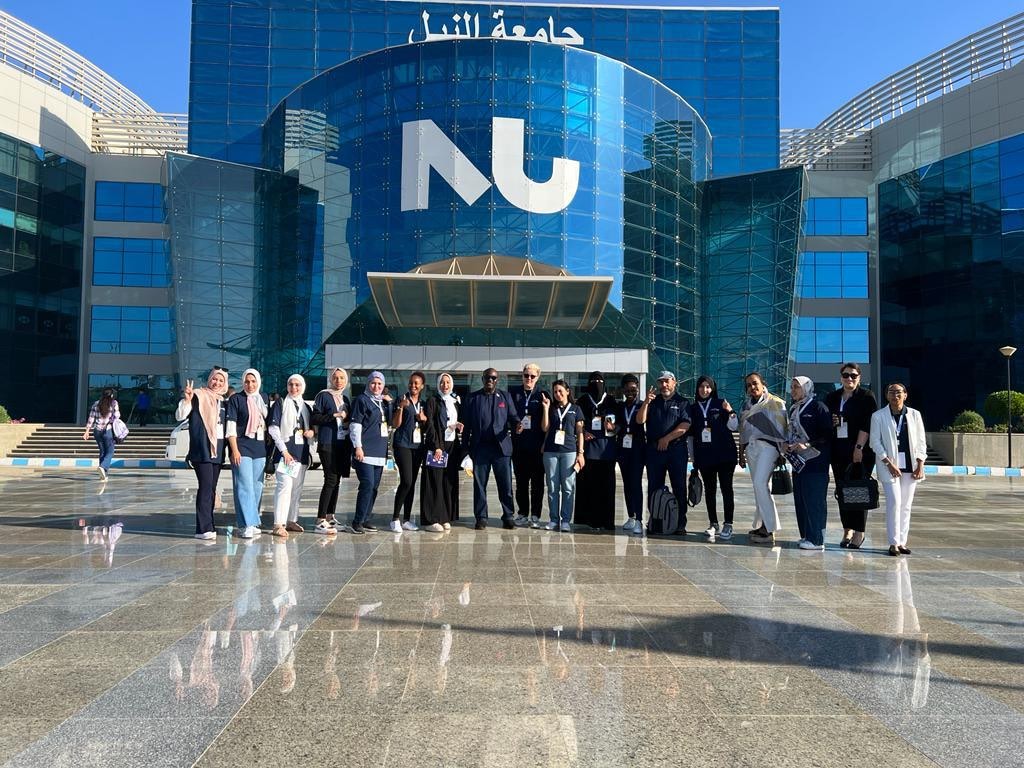
IEEE Smart Village, Industrial Electronics Society Collaborate to train next generation of female energy entrepreneurs in Cairo
IEEE Smart Village (ISV) in collaboration with the Industrial Electronics Society (IES) and supported by Nile University, Cairo hosted the first renewable energy workshop to train the next generation of future energy entrepreneurs in a two-day training in Cairo. 26 delegates from 10 countries including Algeria, Jordan, Libya, Kenya, Tunisia, Sudan, Egypt, Nigeria, Bosnia and Herzegovina, and the United States of America participated in the workshop.
It is a known fact that for energy poverty to be reduced, especially in sub-Saharan Africa, the number of energy entrepreneurs that can serve as catalyst to help bridge the energy gap has to increase. While male entrepreneurs generally outnumber females, there is a global need to increase the number of women energy entrepreneurs.
IEEE Smart Village (ISV) in collaboration with the Industrial Electronics Society (IES) and supported by Nile University, Cairo, Egypt hosted the first renewable energy workshop to train the next generation of future energy entrepreneurs in a two-day training in Cairo. 26 delegates from 10 countries including Algeria, Jordan, Libya, Kenya, Tunisia, Sudan, Egypt, Nigeria, Bosnia and Herzegovina, and the United States of America participated in the workshop.
The two-day workshop commenced with a welcome reception on 17th Oct themed Day 0 at the Novotel Hotel, where the delegates had dinner, and attended an introduction of the workshop and its expectations, which included distribution of workshop materials and badges to participants.
The full day training commenced in the morning at the Industrial and Service Engineering Lab at the Nile University run by Prof. Irene Samy, a developer with ISV, was used as the main venue of the workshop. The opening remarks and the objective of the workshop was shared by the IES President Prof. Mariusz Malinowski, Prof. Morgan Kiani and the Vice President of IEEE Smart Village for Africa Engr. Abdullateef Aliyu. Day 1 of the workshop was rounded up with a special dinner at the Nile Crystal.
Day 2 of the workshop started with a recap of learning with use cases in the early part of the morning while the afternoon was devoted to a practical demonstration and a hands-on workshop provided by SolarizEgypt, an industrial partner for the workshop. Delegates had the opportunity to size and install a mini solar photovoltaic system. A tour of old Cairo followed this session, where delegates were able to explore the Old City and had closing dinner with distribution of certificates of participation as well as the farewell messages. This dinner was held at the Khan el-Khalili at Naguib Mahfouz.
Participants of the workshop provided very constructive feedback:
“Great opportunity to learn, gain new experience and exchange knowledge, also which is very important is to get to meet a New people from different societies and countries.” – Sana (Libya)
“This was a very good and well organized workshop. I would really love it if we could have the chance to have and attend more this such a great experience!” Vannessa (Kenya)
This was an impactful workshop which received positive feedback from participants. The date and location for the next workshop will be announced for delegates to submit their applications to participate.
Thanks to the leadership of IES, especially Prof. Morgan Kiani for co-organizing the workshop as well as the leadership of IEEE Smart Village, IEEE Egypt and most importantly Prof. Irene Samy and her team from Nile University, Cairo for spearheading this workshop.
Article contribution by: Abdullateef Aliyu & Morgan Kiani
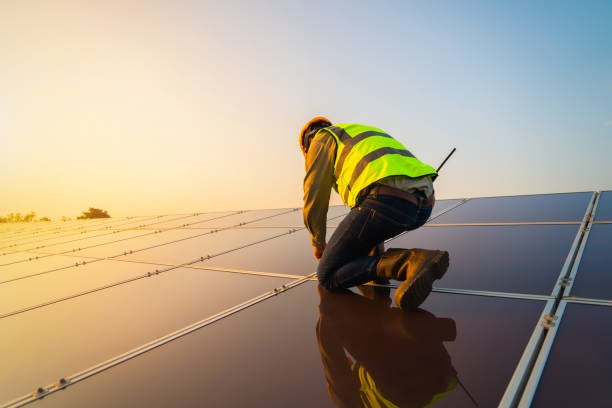
Safety, Quality, Reliability, Standards Committee of Smart Village
In parallel with its project development and funding activities, IEEE Smart Village (ISV) has a committee formed of a number of volunteers, focusing on issues of safety, quality, reliability and standards (SQRS). These four elements when overlooked during preparation and execution of engineering projects can easily undermine the best planned activity. The committee regularly meets virtually to plan and undertake various initiatives aimed at helping entrepreneurs with those issues.
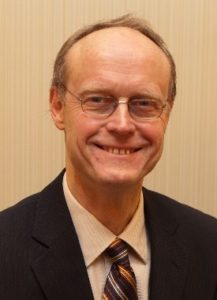
By Bruno Lequesne, Vice President, ISV SQRS Committee
In parallel with its project development and funding activities, IEEE Smart Village (ISV) has a committee formed of a number of volunteers, focusing on issues of safety, quality, reliability and standards (SQRS). These four elements when overlooked during preparation and execution of engineering projects can easily undermine the best planned activity. The committee regularly meets virtually to plan and undertake various initiatives aimed at helping entrepreneurs with those issues.
Central among these topics is safety, electrical and otherwise. Accidents are never planned, but it has been shown than in the vast majority of cases, simple precautions could have prevented them. Moreover, simply understanding that danger though rare looms during any human activity, especially when dealing with technology new to an individual, can go a long way in terms of prevention. Just pausing for a minute at the beginning of a task and asking oneself: “What could go wrong?” is a powerful tool in terms of prevention. This may be particularly true with electricity when it is introduced in a new community with little experience with it, although accidents still occur regularly in the most industrialized communities.
The question about what could go wrong addresses safety in terms of immediate execution of a new or even a repetitive activity. It is also at the heart of quality and reliability. When planning a project, what are the key pieces of hardware which when out of order, paralyze your business? Which one would be most difficult to replace? Asking such questions during planning can help focus one’s budget on those elements that are critical to a project, and perhaps spend less on other items which, while important in their own way, can be set aside waiting repair for the business to continue at least temporarily.
Standards have been created and maintained to help life, including technical design. Understanding and following local standards is important to the success of a design as it facilitates overall design including future project expansion. Of course, in many places there is equipment that follows various standards because they were procured from countries with different requirements. This can raise the question of interoperability of standards, which perhaps future columns in this newsletter will address.
In summary, the SQRS committee was formed to help entrepreneurs and the broader communities they serve. We hope you will find this column to be a useful tool. Please give us your feedback, questions, and of course feel free to help if you have expertise to bring to bear on these issues.
Contact: Bruno Lequesne at bruno.lequesne@ieee.org
Appreciation Letter to IEEE Smart Village and GHE solar project
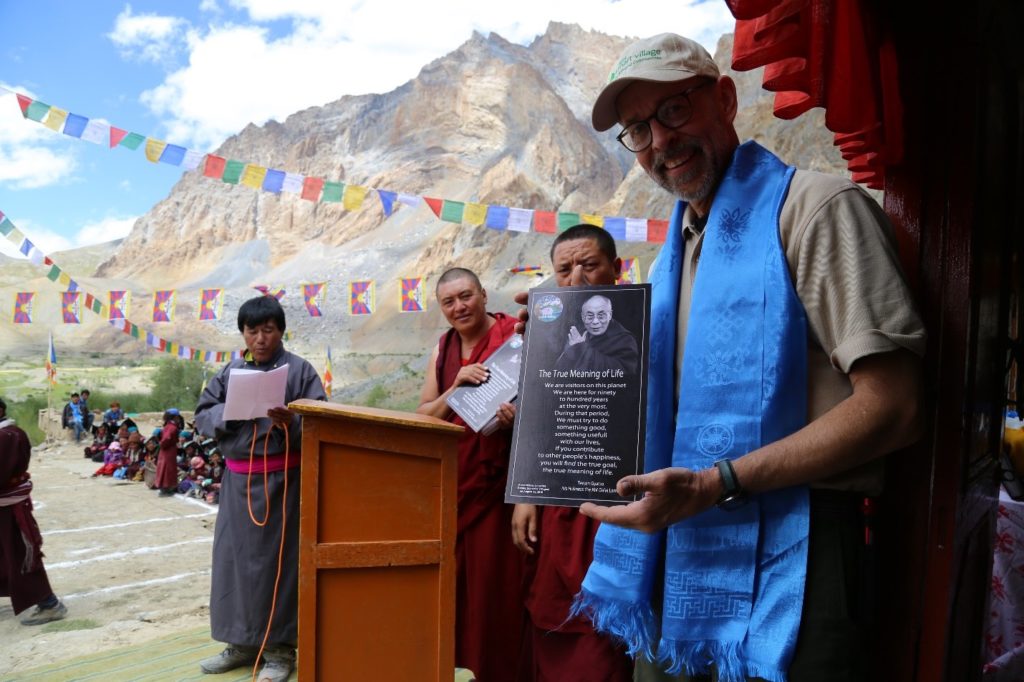
Sonam Dorje (L) in a gray robe reading the announcement upon my receiving a placard from the Dalai Lama (C) Mike Wilson (R)
December 10, 2022
Respected Michael Wilson, Paras Loomba, Executive Members, Staff Members, Family Members, Electrician Engineer Members and Donors,
For a long time, each one of you generously supporting in so many different ways has been helpful in respect to installing LED lights, solar powered microgrid and electrification for solar lighting for the un-electrified villages, schools, monasteries and communities in Himalaya Ladakh.
The installation of internet made accessible the use of computer technology for the students as well as other people in the villages for connectivity with other regions.
Due to the kind support of IEEE & GHE, the microgrid powered solar light was helpful to give lighting for the inhabitants, monks and students. Now we focus on IT and educational development for the students of the rural areas and villages.
Greetings and good wishes from people, patients, Amchis and children of villages including Lingshed Gonpa, Nunnery, Dipling, Lingshed, Jingchan, Skumpata, Gongma, Yulchung and Neraks in Trans Singela Area!!
By Sonam Dorje, Ladakh
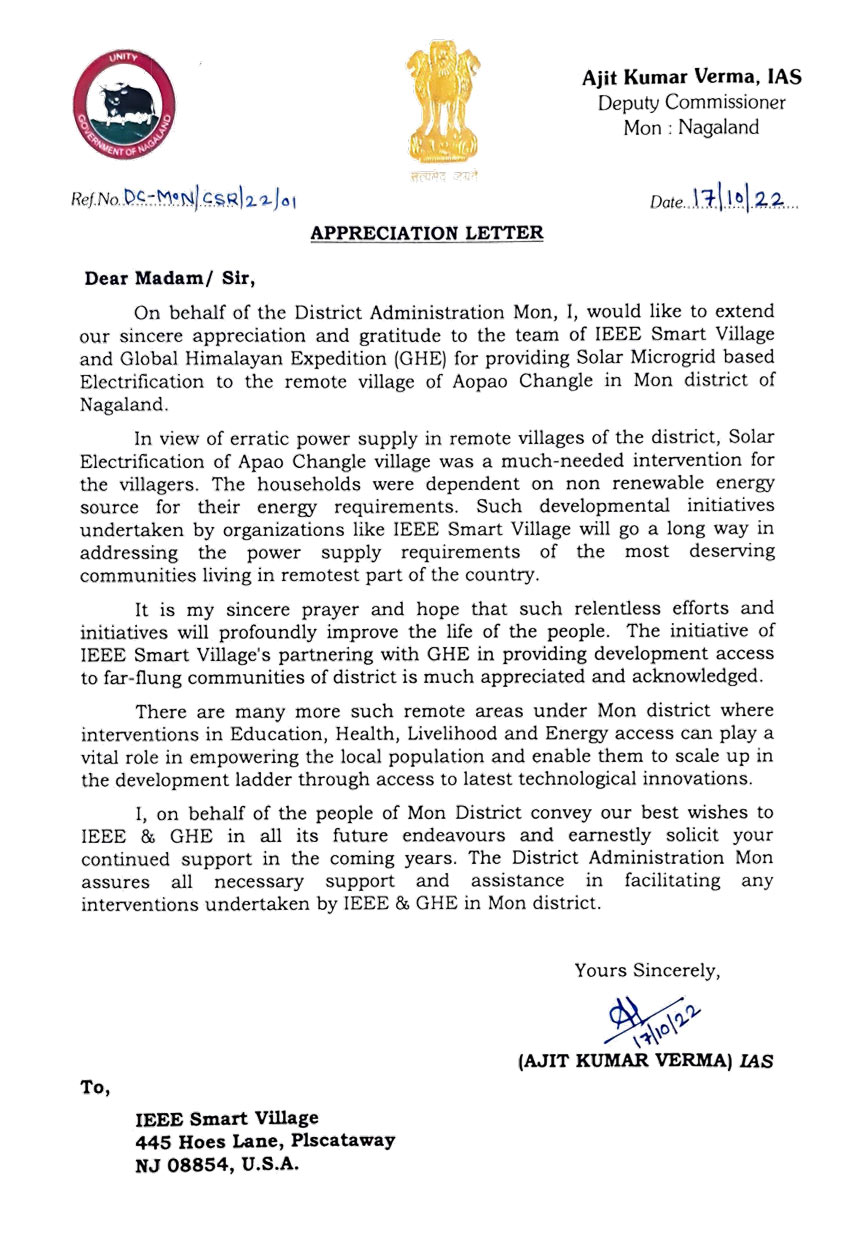
Important links you don’t want to miss!
Not an IEEE Member? Here’s how to join IEEE https://www.ieee.org/membership/join/index.html
Click here to learn more about IEEE membership and special discounts for developing nations and low-income economies at https://www.ieee.org/membership/join/emember-countries.html
For more information about discounts for societies, check out the following link: https://www.ieee.org/communities/societies/index.html
For contributions towards many of such projects in memory of Pat Ryan, visit IEEE Smart Village via the following online page : https://www.ieeefoundation.org/PatrickRyan
